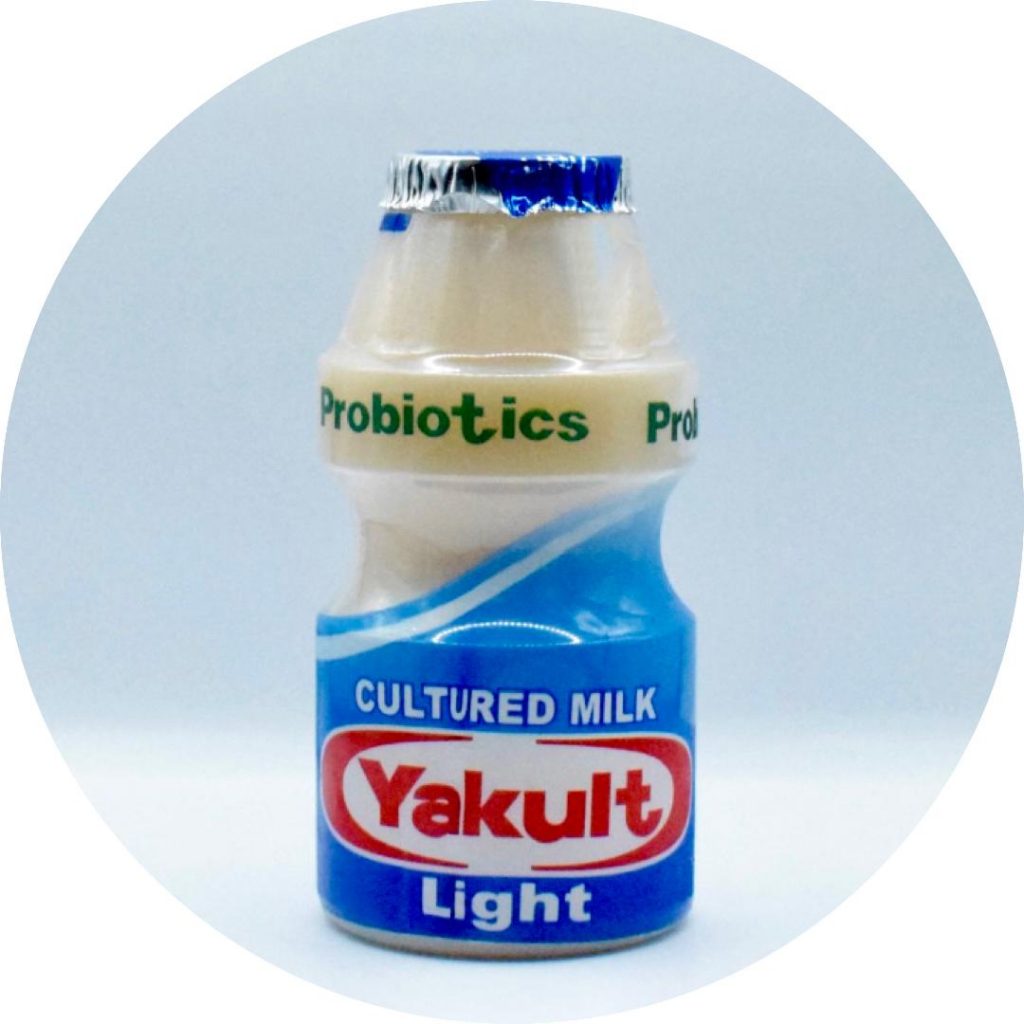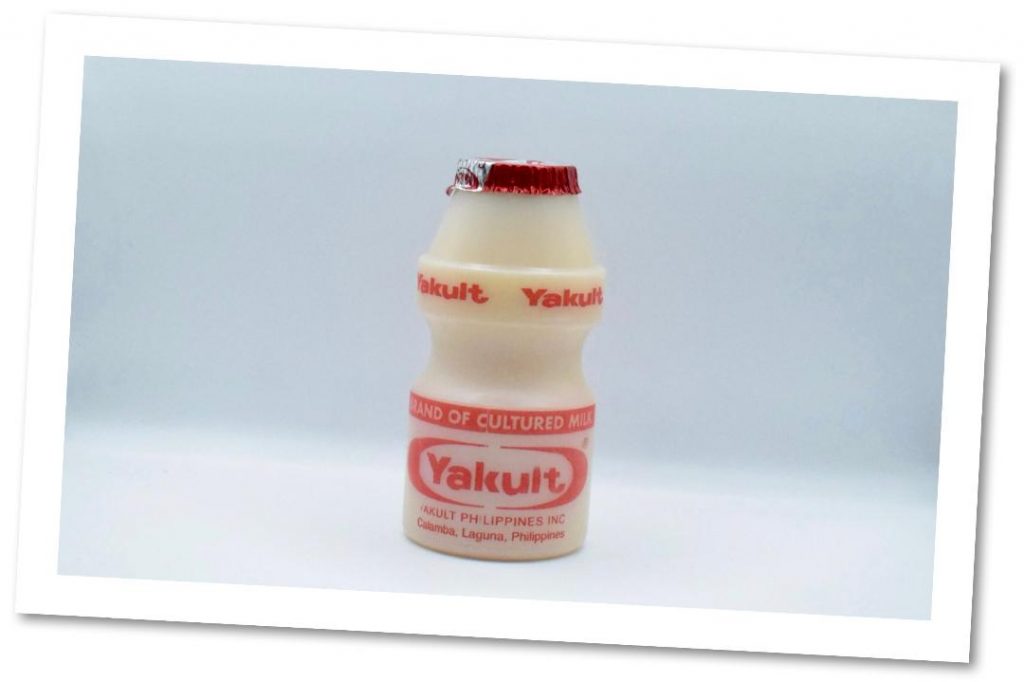Why include probiotics in your quest for greater health?

No less than these two United Nations-affiliated organizations gave such a statement on the ability of probiotics to improve people’s health, the The Food and Agriculture Organization (FAO) and the World Health Organization (WHO) define probiotics as “live microorganisms which when administered in adequate amounts confer a health benefit on the host.”
Leading microbiology researcher and probiotics inventor, Dr. Minoru Shirota is a doctor of medicine at Kyoto University (formerly Kyoto Imperial University) and the creator of Yakult. The hypothesis that “Lactic Acid can Prolong Life”—expressed by Russian Noble Prize winner for Medicine Ilya Metchnikoff—plays a role in the probiotics’ historical development. Additionally, he is recognized for his “Optimistic Studies” on “The Prolongation of Life.”
The Number One requirement for probiotics is that it must reach the intestines alive. And so, for Yakult to be dubbed as one, it must meet such Number One requirement. Yakult does all of 8 billion live Lactobacillus casei strain Shirota (LcS) microorganisms.
Dr. Minoru Shirota’s long years developing the LcS is either supported or corroborated by research/studies from various institutions: a school of medicine (Juntendo University School of Medicine Department of Immunology), a hospital (Takane Hospital), among these. The Yakult Central Institute for Microbiological Research keeps records of elaborate R&D initiatives.
In 2016, Kazuyoshi Takeda of Juntendo University, Graduate School of Medicine Biomedical Research Center (Division of Cell Biology) presented his study titled “Role of NK Cells in Immunity: NK Cell Activation by Lactobacillus casei strain Shirota (LcS). Time and again, “natural immunity” boosting has been proven to be the choice over expensive and taxing “acquired immunity”.
Different researches and studies related to Yakult and the premises behind its formulation were done and evaluated by a third party in Japan and other countries worldwide. There were in fact, so many studies conducted which proved Yakult efficacy as a probiotic and corroborated the soundness of the foundation upon which Yakult’s R&D initiatives were based. As many as 129 research studies conducted were on Yakult’s “intestinal function, “177 on “immunomodulation,” and 107 on “defense mechanism against infection, “ On top of these, over 1,005 researches on Lactobacillus casei strain Shirota (LcS) were also done.

Yakult “is a fermented milk drink which provides functional benefits for promoting better health by delivering Lactobacillus casei strain Shirota (LcS) to the intestines alive” (emphasis on the word “alive” since Yakult’s owes its potency to the dynamic activity of the LcS microorganisms being alive and kicking, so to speak). Yakult ensures that a person’s good bacteria will not be outnumbered by bad bacteria— its live LcS suppressing virulent cells such as cancer cells to keep the intestinal flora and the host healthy.
The five (5) main health advantages of taking in Yakult are as follows: (1) it helps maintain the balance of intestinal flora; (2) it normalizes the peristaltic movement of our intestines; (3) it prevents diarrhea and constipation; (4) it aids in proper food digestion and nutrient absorption; and (5) it strengthens our immune system. These are sufficient justifications in and of themselves to include probiotics in your quest for greater health. Do you not concur? Additionally, the proprietor of this tried-and-true probiotic brand has a great reputation for integrity, and his product is reasonably priced, so there is no reason not to use it if one wants to improve their health. It makes sense that the management of Yakult Philippines has stated that they are unable to fully satisfy the market’s demand for Yakult. But since nothing should prevent more and more individuals from having the opportunity to experience greater health, their manufacturing volume may always be changed to meet the demand.

No Comments